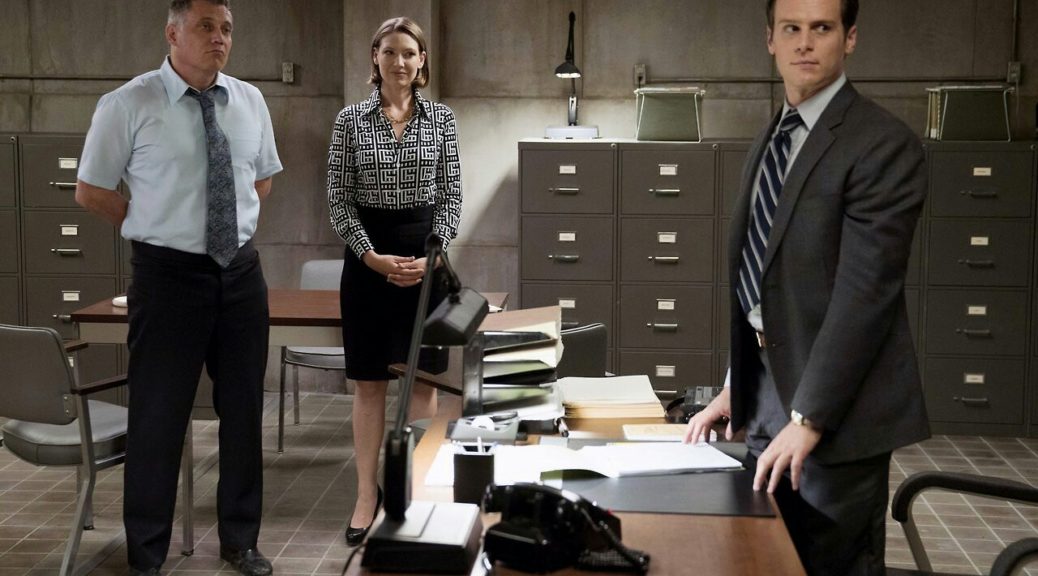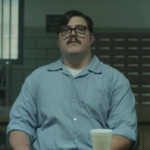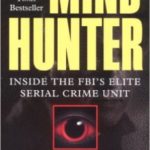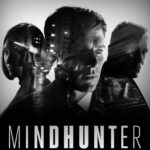What I like most about Netflix’s new series Mindhunter is that nobody has the answers to why serial killers kill, but the work of the FBI’s behavioural science unit is regarded with great suspicion, makes serious mistakes along the way while forging the methodologies now taken for granted, but at the same time gathers some of the most fascinating evidence ever recorded, notably interviews with incarcerated multiple murderers.
It is a rollercoaster ride to understand the psychology of these monsters, all the better to understand the psychology and thereby to expand criminal science and save lives in future, while at the same time solving puzzling murders in remote US towns as they go.
Meanwhile, another serial killer is quietly going about his business in the guise of an ADT man (a security alarm company for the uninitiated.) The clear inference is that for every one that gets caught, many other serial killers go undetected.
Joe Penhall has done a cracking job in translating the themes honed by the real life innovators delving into the psychology of murder into fictional TV drama, based on the book Mind Hunter: Inside the FBI’s Elite Serial Crime Unit by John E. Douglas and Mark Olshaker, but the best decision herel was to hire the esteemed David Fincher to direct the first series of Mindhunter.
Fincher’s visual style is unmistakable, bearing a close resemblance to that created in his movie Zodiac, about the hunt for a real life 1970s serial killer. He has done it with a green tinge to the picture and apparently an innovative camera too (see here.)
Here he brings us an assortment of other real life serial killers, headed by Ed Kemper, a 6ft 9in real life sociopath of unusually high intelligence (played here engagingly by Cameron Britton) who readily discusses his role as an “organised killer” for the benefit of FBI investigators Holden Ford and Bill Tench.
Tench (Holt McCallany) is the grizzled FBI career man, interested but protecting his own interests. He and Ford form an instant double act, though not without tensions. Not quite good cop and bad cop, since Ford leads the way more often than not and Tench chips in – though it is always Ford who gets into hot water for going beyond the accepted boundaries.
In the course of these interviews the FBI guys become increasingly more professional in their approach, moving from note-taking to recording tapes, and developing a script with questionnaire courtesy of behavioural scientist Dr Wendy Carr (Anna Torv, looking a dead ringer for Cate Blanchett.)
Each of the principles is based on a real person, but the development on screen feels fresh and natural, not a reconstruction. Jonathan Groff’s Ford, who previously worked for the FBI’s training division, has self-doubts, but is ultimately convinced he is doing the right thing, whatever the investigators interrogating him think. What nearly drives him from his mind is seeing Kemper after a failed suicide attempt, but that is in the dying moments of episode 10.
We see interviews with two more convicted killers (Jerry Brudos and Richard Speck), each of whom plays their own form of mind games and is ready to get whatever they can to milk an interview with the FBI. We also see the denouements of several more cases en route, each of which has a behavioural element and results in confessions and arrests, and even more to the point we see the hostility from within the police and FBI to this line of work, particularly from those whose beliefs about the nature of criminal detection are most threatened; then there are the tensions within the team about the best way to achieve their goals.
This is promising and multidimensional drama with the promise of more to come in series 2. I was fully absorbed in each episode and wanted to know more. Warmly recommended.













